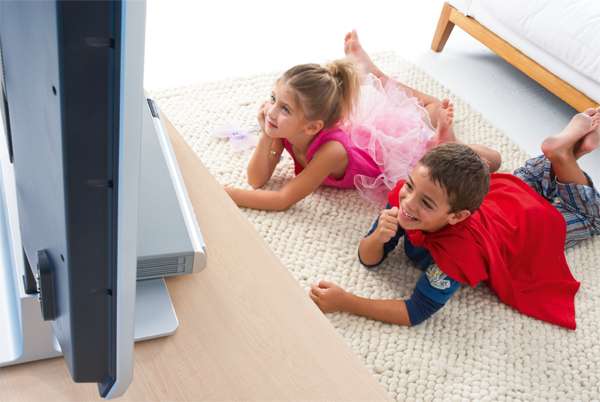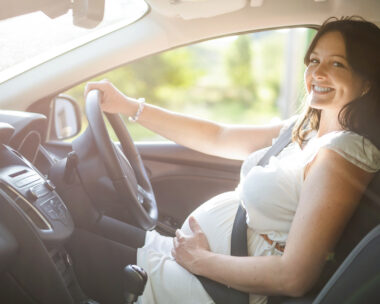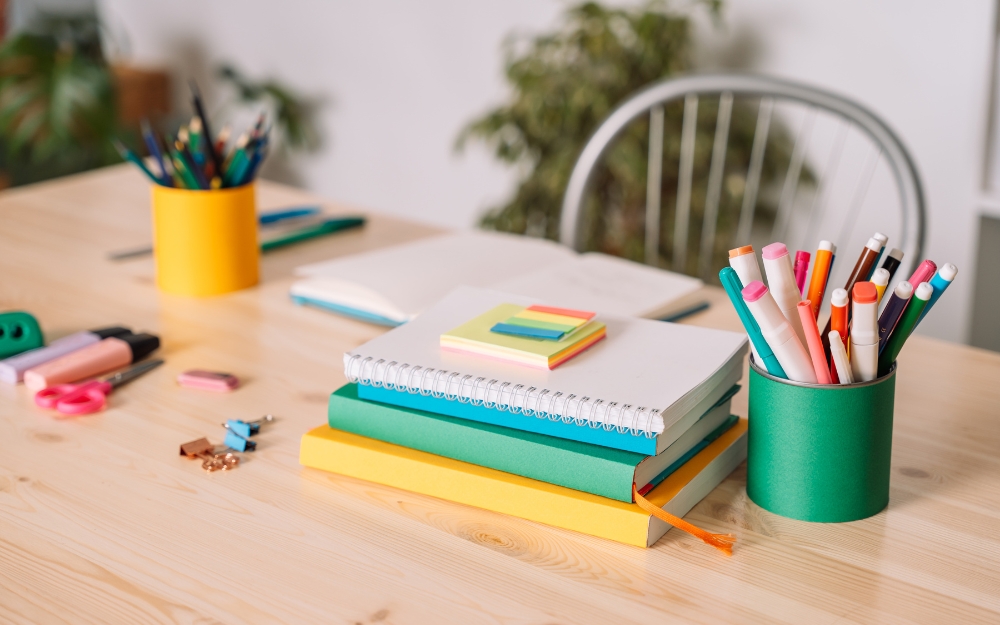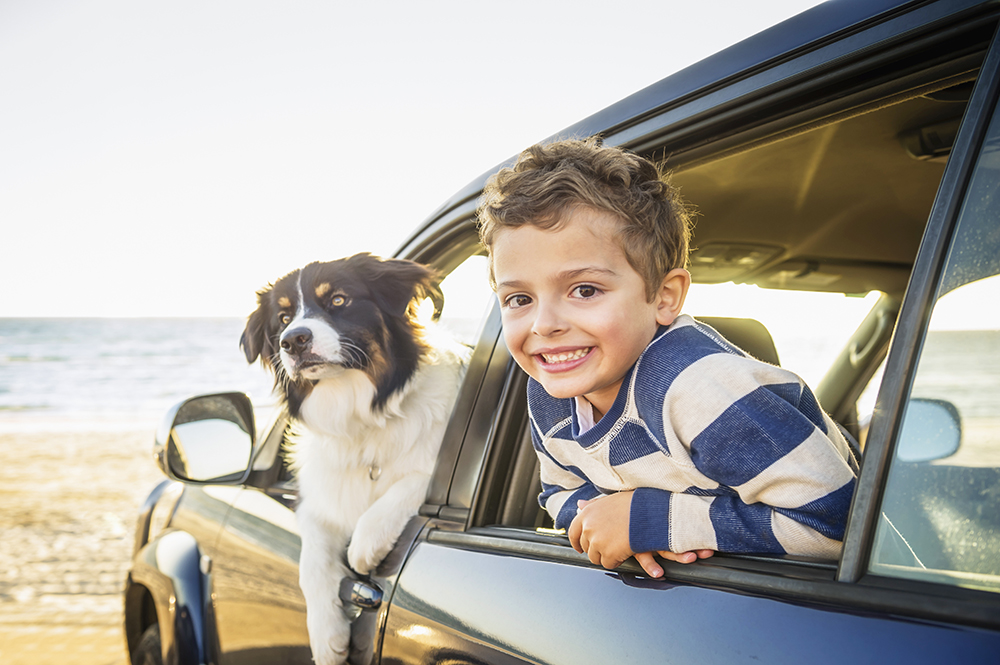The road toll always generates enormous media attention, but accidents in the home actually claim more lives each year, yet usually aren’t reported. I’m glad to say we’ve never suffered any serious injury at our place, but my husband did slip on the back steps and break his foot a week or two before our wedding and, as a result, his passage down the aisle wasn’t quite as smooth as he’d have liked!
Seriously though, home safety is vitally important and I hope these tips will give you some useful starting points for thinking about it.
According to ACC records, around 12 people die each week in New Zealand from injuries sustained in accidents at home. The causes are many and varied but they include falls from ladders, burns, collisions with glass doors and windows, poisoning and driveway fatalities.
Common sense is the best weapon adults have when it comes to reducing those numbers, but parents have a particular responsibility to protect their children, so that’s what we’re concentrating on here. You know all these things already but it never hurts to work through them again to make sure you’ve covered all bases.**
Child-proof your home**
The high number of toddler driveway deaths in this country is a huge worry to organisations such as ACC, and it’s an area where we should be able to achieve significant reductions. Rear-view cameras can be installed on most cars for a relatively modest sum and can mean the difference between life and death.
The arrival of large flatscreen TVs has brought with it new dangers. If heavy appliances such as these fall on children, the results can be fatal. It’s advisable to secure big TVs to the wall rather than leaving them freestanding in your living room.
It goes without saying that all poisonous substances and medicines – prescription or otherwise – should always be stored securely. Children are curious creatures, and the fact that many medications resemble lollies makes them especially attractive. Even high cupboards containing such items should be kiddy-locked, as many young children are adept climbers and can get themselves to places you wouldn’t believe.
Children are vulnerable to burns, and while modern sleepwear must conform to strict levels of safety, open fires and even heaters still pose a significant risk. Always use heavy-duty wraparound fireguards. It definitely pays to educate kids about the dangers of “hot” things from an early age.
Sharp objects must always be stored out of a child’s reach, as they can do enormous damage. Small children such as my brother – who ran into my other brother’s head while carrying a screwdriver many years ago – often can’t judge the potential for disaster, so we need to do it for them.
Note: The victim was fine, but it was a terrible shock to his mother – a nurse – who was at work in A&E at the time and didn’t expect to be stitching her own child’s head!
We’ve only scratched the surface here, but websites such as acc.co.nz contain heaps more information to help you make your home and your little ones as safe as possible. other areas of concern include choking, incidents involving saucepans and kettles, electrical cords and sockets – and even small toys, which can of course be choking hazards for kids.
August 15 to 21 is Home Safety Week, so this is a good time to concentrate on ensuring we’re keeping our children safe. They’re so incredibly precious – and death is so final.




